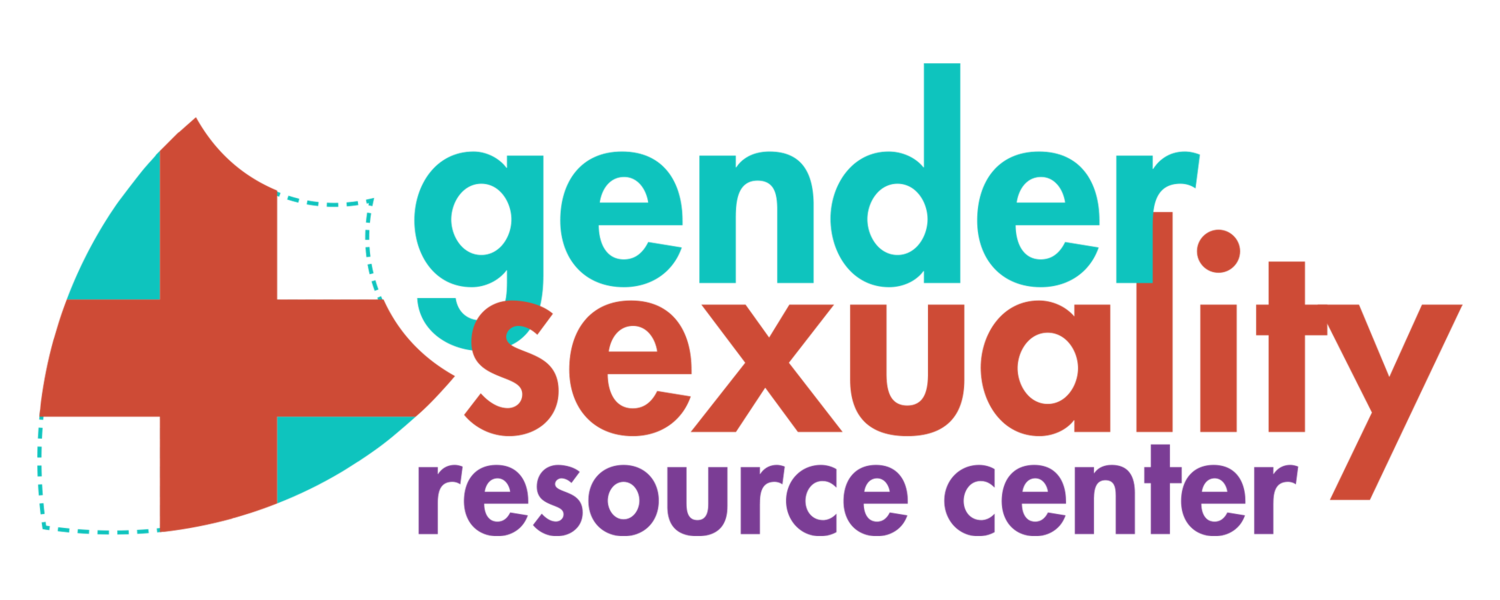History of Feminism
Click here for full slide deck.
First Wave Feminism
Late 1700s into the 1800s
Focus on recognizing women as human beings rather than property (focus on voting and reproductive rights)
The first wave only (and intentionally) worked to gain rights for cis-het white women, with active statements ignoring the needs of women of color
Second Wave Feminism
1960s-1970s
Focus on challenging traditional gender roles, questioning who was deciding what was feminine/masculine, and a rejection of traditional roles
There was a rise in Queer Theory (addressing gender itself), with a split between institutional reform and reshaping society to be more inclusive
Still an exclusion of women of color in mainstream spaces, and thus the necessary rise in black feminism, along with TERF rhetoric
Third Wave Feminism
1990s through to today
Focus on women getting to choose what they do with their bodies and lives. Only "rule" is that there are no rules
Rise in taking race into thought and action in feminism. Kimberlé Crenshaw coined the term intersectionality. We saw a rise in cultural movements like The Vagina Monologues, the Guerrilla Girls and punk rock riotgrrls
The fourth wave saw the Me Too Movement and an uptick in attacks on women's rights
Still a lack of recognition of Women of Color and Trans* Women
Black Feminist Thought
Formation of thought developed after the intention and continual exclusion of black women and other women of color from feminism
Examines the intersection of racism and sexism (Kimberlé Crenshaw 's Intersectionality)
The foundational thought being that Black women are inherently valuable to society as is
Trans* Inclusion
While Trans* women are often at the front of social justice movements, they are excluded from feminist conversation and action
Trans* Exclusionary Radical Feminism (TERF) has been supporting/backing/creating the uptick in anti-Trans* legislation
Feminism is working towards the end of gender discrimination, and thus must include conversations around Trans* identities
Problems with TERF rhetoric
Trans Exclusionary Radical Feminists hold the viewpoint that Trans identities aren't real/valid
TERFs debase people down to their genetics and genitalia in a way that is opposite of the moment they claim to back
We can see this in the rise of Anti-Trans legislation, bathroom bills, sporting rules, and violence
Discussion Questions
There is debate among feminists that we have moved fully into a fourth wave or that we remain in the third wave. What are your thoughts on this?
How do you see the anti-Black and anti-Trans* ideology that exists in the foundations of feminism showing up in today's practices?
How can we, as contemporary feminists, address the anti-Black and anti-Trans* narratives persistent in the work?
How do you see the different waves of feminism showing up in modern day activism, legislation, and social experiences?
Content created by Grace Davis.
